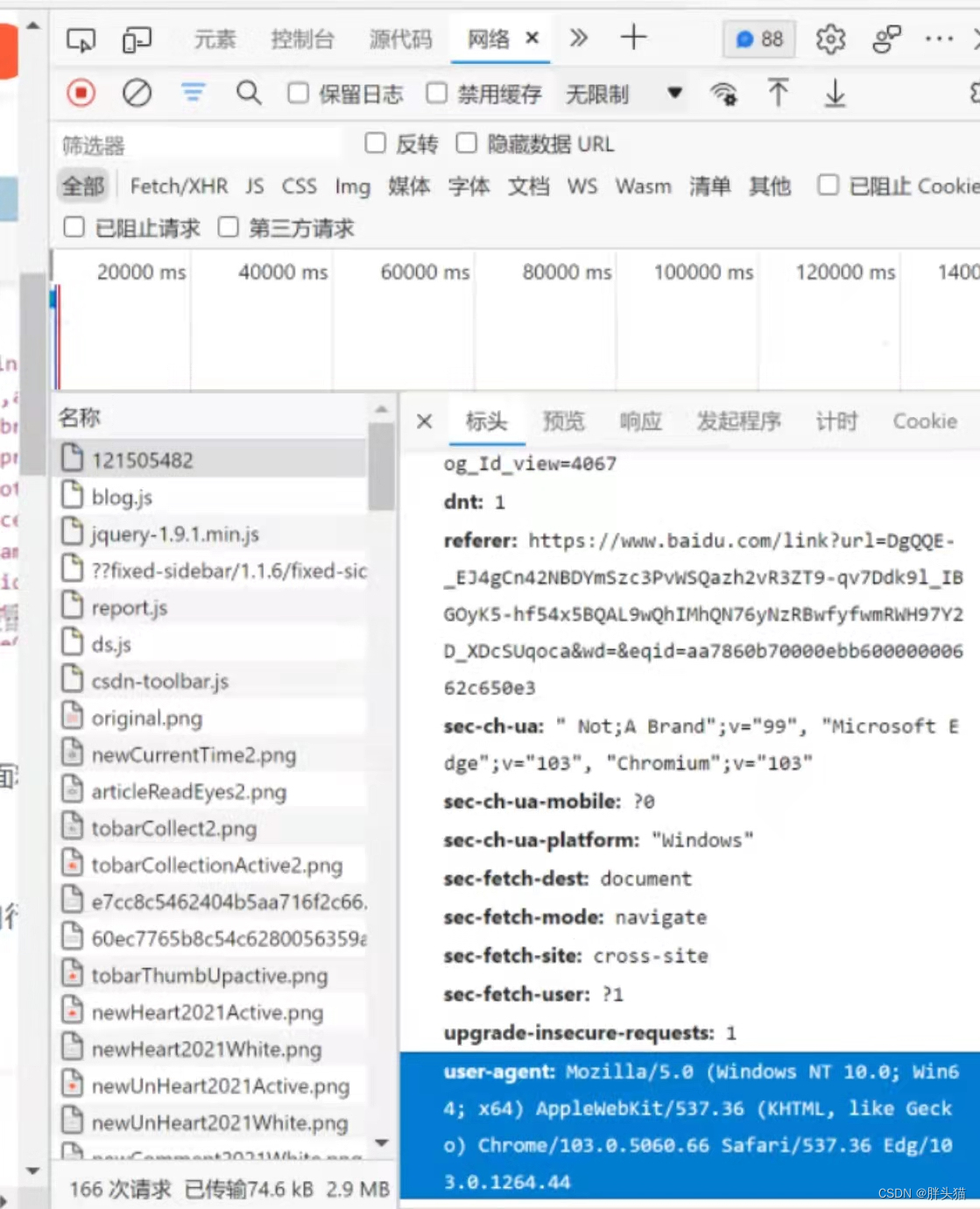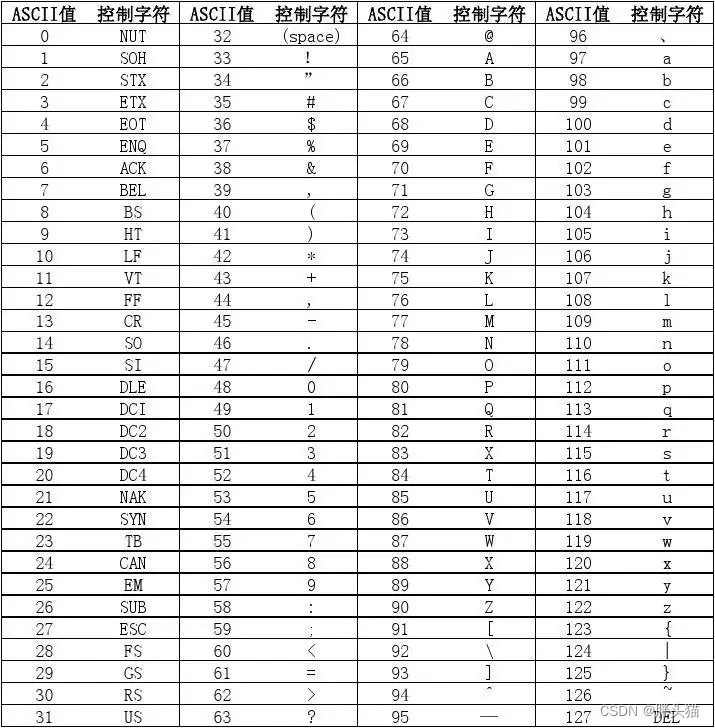获取网页
import requests
url = "http://baidu.com.cn"
user_agent = 'Mozilla/5.0 (X11; Linux i686) AppleWebKit/537.4 (KHTML, like Gecko)' + ' Chrome/22.0.1229.79 Safari/537.4'
headers = { # url请求头
'Accept': 'text/html,application/xhtml+xml,application/xml;q=0.9,*/*;q=0.8',
'Accept-Charset': 'gb18030,utf-8;q=0.7,*;q=0.3',
'Accept-Encoding': 'gzip,deflate,sdch',
'Accept-Language': 'en-US,en;q=0.8',
'Connection': 'keep-alive',
'User-Agent': "'" + user_agent + "'",
'Referer': "'" + url + "'",
}
web_timeout # 超时响应时间
retry = 1 # 再次尝试次数
def is_response_avaliable(self, response): # 判断网页是否可达
# Only get html page, when the response code is 200
if response.status_code == requests.codes.ok:
if 'html' in response.headers['Content-Type']:
return True
return False
def handle_encoding(response): # 得到真正的encoding
# Get the real type of encode
if response.encoding == 'ISO-8859-1':
charset_re = re.compile("((^|;)\s*charset\s*=)([^\"']*)", re.M)
charset=charset_re.search(response.text)
charset=charset and charset.group(3) or None
response.encoding = charset
## 获取网页内容
try:
response = requests.get(url, headers=headers,
timeout=web_timeout, proxies=None)
if is_response_avaliable(response): # 连接成功response code为200
handle_encoding(response)
page_source = response.text # 网页内容
except:
if retry > 0: # try to visit again
request(retry - 1) # 递归略写
requests.get(url)
返回一个包含服务器资源的Response对象:
response.status_code:返回状态,成功200,失败404
response.text:获取的 url 页面内容
response.encoding:从header中猜测的响应内容编码方式
response.apparent_encoding:从内容中分析出的备选编码方式
response.content:响应内容的二进制形式
url 请求头
伪装成浏览器实现反反爬,F12后找到Network(网络),选择一个请求,找到user-agent。
保存网页
def do_save_page_file(self, url, page_source):
"""
save page txt to file if url match the pattern
Args:
url: url
page_source: html txt string
Returns:
None
"""
# Each page saved as a independent file, use the url to name it
fname = urllib.parse.quote_plus(url) # url 解码
# Deal with the long path problem
page_file = out_dir + fname # out_dir为输出路径
if len(page_file) < 1:
return
if page_file[0] == '.': # 出现相对路径
base = os.path.split(os.path.abspath(__file__))[0]
page_file = base + page_file[1:]
if len(page_file) > 256: # 文件名过长截断
page_file = page_file[:255]
else:
if len(page_file) > 256:
page_file = page_file[:255]
try:
with open(page_file, 'w') as fp:
fp.write(page_source.encode('utf-8'))
fp.flush()
except (IOError, UnicodeEncodeError, Exception) as e:
print(e)
url 解析和引用
urllib.parse 用于对URL拆分、拼接、编码、解码等,在功能上分为两大类:URL parsing(URL解析)和URL quoting(URL引用)
1. 拆分合并
1)urllib.parse.urlparse() 拆分url的6个组成部分(scheme, netloc, path, params, query, fragment)。
2)urllib.parse.urlsplit() 拆分url成5个部分,params将被合并到path中并以分号隔开(scheme, netloc, path, query, fragment)。
3)urllib.parse.parse_qs()和urllib.parse.parse_qsl() 分析前者得到的query字符串为字典/列表。
4)urlunparse() 与 urlparse() 相反,urlunsplit() 与 urlsplit() 相反。
5)urljoin(base url,url,allow_fragments=True) 接收两个url的组件或者是完整的url进行组合,base以第二个为准。
6)urlencode()将字典或two-element tuples的序列组合成字符串,与parse_qs()相反。
2. 特殊字符编码
str或bytes型数据中下划线,句号,逗号,斜线和字母数字这类符号不转化,其余会编码成“%十六进制”模式。
urllib.parse.quote(string,safe=‘/’,encoding=None,errors=None)
urllib.parse.quote_plus(string,safe=‘/’,encoding=None,errors=None)
两者对一些特殊符号处理不同
3. 接收后的解码
unquote(string, encoding=‘utf-8’, errors=‘replace’)
unquote_plus(string, encoding=‘utf-8’, errors=‘replace’)
encoding为string的编码,返回值为str,前者不解码加号

